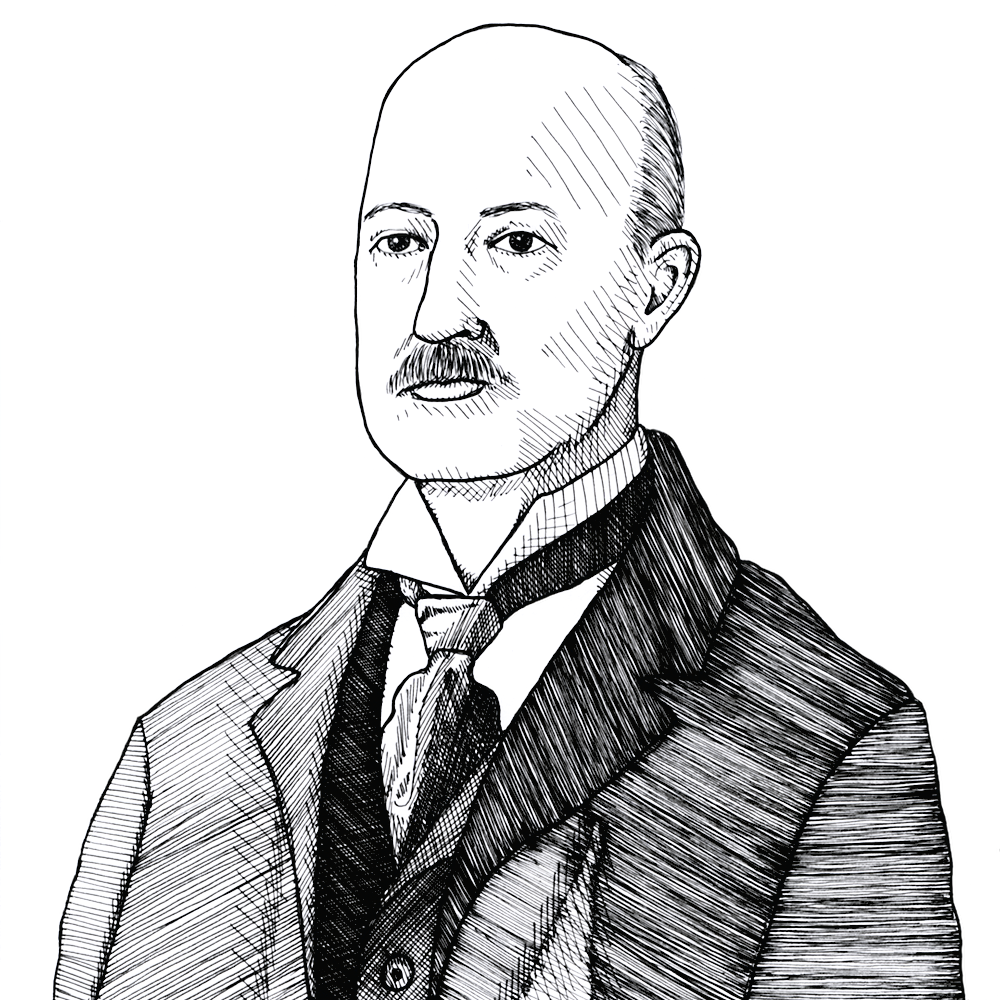
Sumner and the Conquest of the United States by Spain (1898)
Found in: War and Other Essays
In a lecture given in 1898 the American sociologist William Graham Sumner (1840-1910) noted that the U.S. was in danger of losing what made it different from the European imperial powers because of its actions in seizing Spain’s colonies in the war of 1898. The U.S. might have defeated Spain in battle but, he argued, Spanish ideas of conquest and empire had conquered America in return:
War & Peace
During the last year the public has been familiarized with descriptions of Spain and of Spanish methods of doing things until the name of Spain has become a symbol for a certain well-defined set of notions and policies. On the other hand, the name of the United States has always been, for all of us, a symbol for a state of things, a set of ideas and traditions, a group of views about social and political affairs. Spain was the first, for a long time the greatest, of the modern imperialistic states. The United States, by its historical origin, its traditions, and its principles, is the chief representative of the revolt and reaction against that kind of a state. I intend to show that, by the line of action now proposed to us, which we call expansion and imperialism, we are throwing away some of the most important elements of the American symbol and are adopting some of the most important elements of the Spanish symbol. We have beaten Spain in a military conflict, but we are submitting to be conquered by her on the field of ideas and policies. Expansionism and imperialism are nothing but the old philosophies of national prosperity which have brought Spain to where she now is. Those philosophies appeal to national vanity and national cupidity. They are seductive, especially upon the first view and the most superficial judgment, and therefore it cannot be denied that they are very strong for popular effect. They are delusions, and they will lead us to ruin unless we are hard-headed enough to resist them.